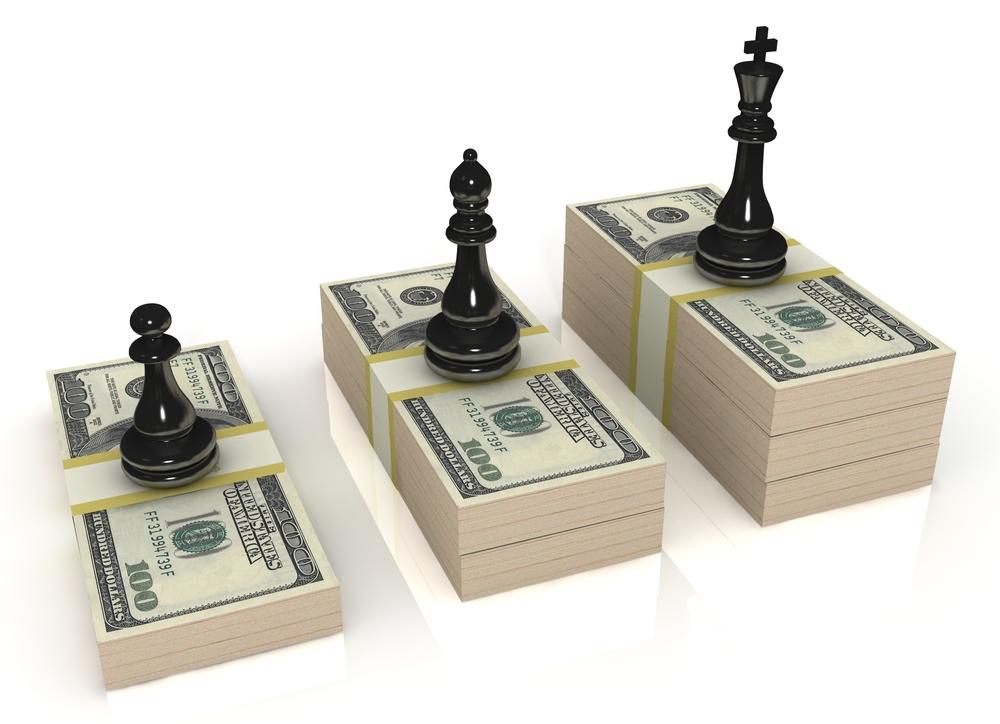
Greed In Chess Is Good!
I really appreciate my readers' feedback and therefore always read your comments to my articles. One of them, by the Chess.com member rossmckinley1224, made me think.
Ross wrote: "For those of us struggling to achieve a 1000 rating on Chess.com, having played 400-500 games and trying to improve, these articles cannot be understood."
Thank you, Ross, for a very good point! Indeed many of my articles deal with topics that may be a little too advanced for Chess.com members rated 1000 and below. Moreover, there are not many books on the market that would be appropriate for this category of chess players.
The majority of the books for beginners that you can buy first teach you how to move pieces and then...boom! Here is the Ruy Lopez for you!

Look at a typical game played by players rated below 1000:
Players of this level don't need to remember any openings or have even basic endgame knowledge. It is also a waste of time for them to study isolated pawns or weak squares. At this stage of their chess development all they need to learn is to capture as many opponent's pieces and pawns as they can!
If you think that it is exactly what they do, you are mistaken. Yes, in many cases such players don't capture an opponent's piece simply because they don't see that they can do it. However in some cases they deliberately ignore such an opportunity! Here is an example:
I asked my student who was White in this game if he saw that he could have taken the e5 pawn by playing 3.Nxe5. He said that he saw it, but preferred to stick to the normal opening move that he always plays (Nc3).
"It is just a pawn, who cares!" was exactly what he said. For a second I was speechless. Capturing the defenseless opponent pawns and pieces is as natural for experienced players as breathing. So, how do you teach a person to breath?
All I could do was put on my best impersonation of Gordon Gekko.
So, I said something like this: In chess, greed, for lack of a better word, is good. Greed is right. Greed works! So, next time you can capture something for free, just do it!
Here is another example of my student's game:
You see, the little girl who played Black knew something about openings (the Sicilian Defense!) and she even knew some basic tactical ideas (pin!), but she failed at the most basic level: Greed Is good! The lesson here is the same—if you can capture your opponent's piece, do it!
Another version of the same problem that beginners face pretty frequently is the refusal to re-capture. It goes like this: your opponent captures one of your pieces, which is protected. And then, instead of re-capturing your opponent's piece, you make some other move. Here is an example:
I hope you've got the point already: whenever possible capture the opponent's pawns and pieces. There is a very useful tool here on Chess.com that should help to perfect your skills. When you get really proficient in the "art of capturing," you'll easily pass the coveted 1000 rating here on Chess.com!






